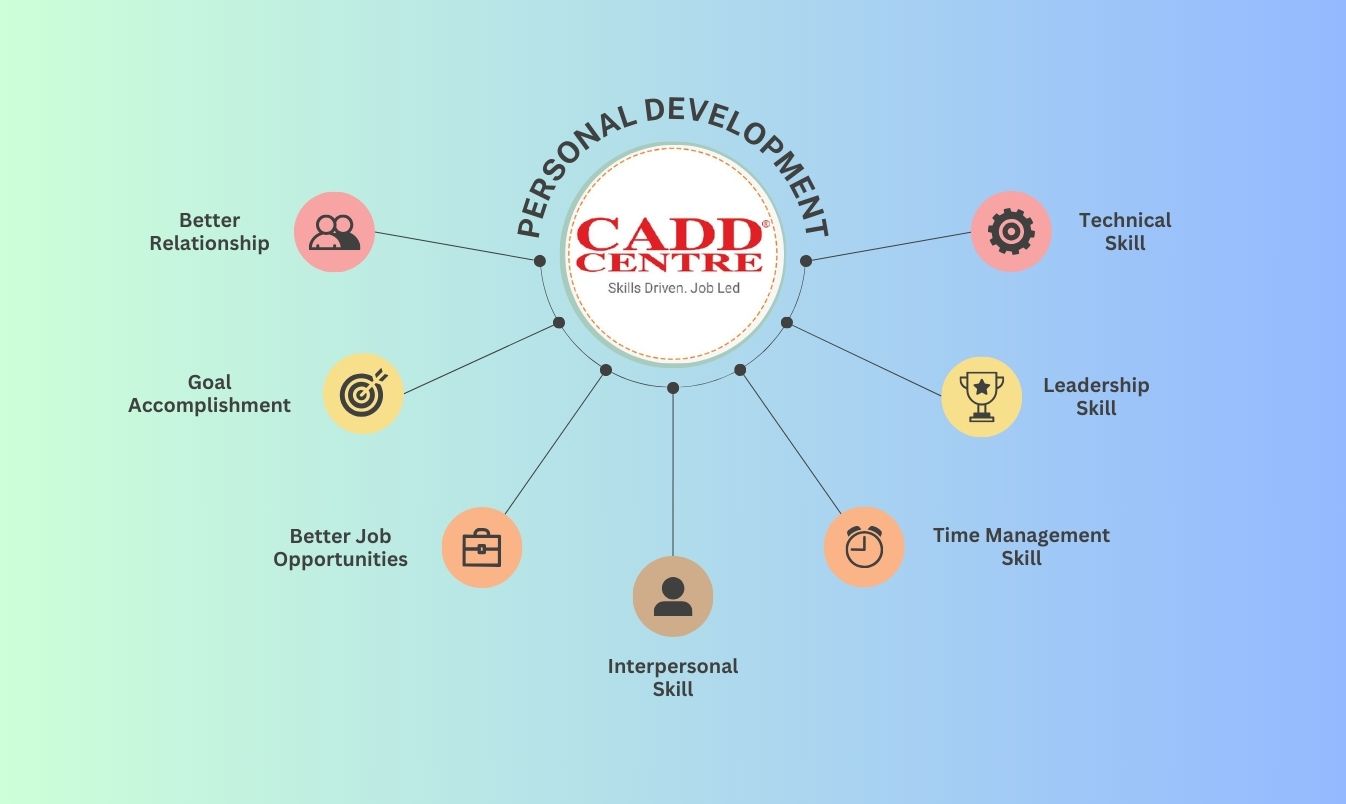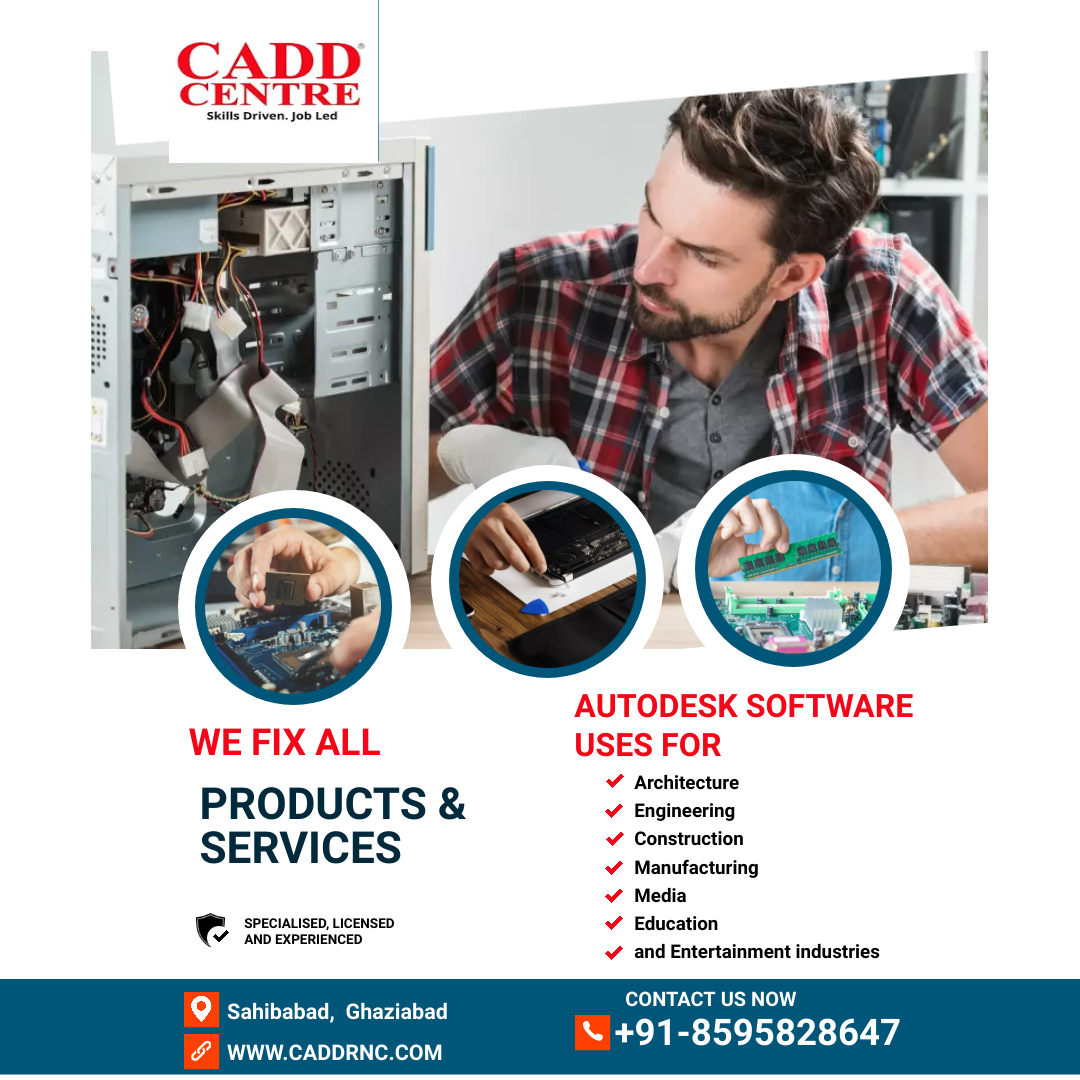
SCADA (Supervisory Control and Data Acquisition) software is crucial in industrial automation for monitoring and controlling industrial processes. A comprehensive SCADA software course typically includes the following topics:
### 1. **Introduction to SCADA Systems**
– Definition and importance of SCADA
– Components of SCADA systems (RTUs, PLCs, HMI, etc.)
– Overview of industrial automation
### 2. **SCADA Architecture**
– Centralized vs. distributed SCADA systems
– Communication protocols (Modbus, DNP3, OPC, etc.)
– Network design and integration
### 3. **SCADA Software Installation and Configuration**
– Installing SCADA software (e.g., Wonderware, Siemens WinCC, GE iFix)
– Initial configuration and setup
– Licensing and software activation
### 4. **Human-Machine Interface (HMI)**
– Designing and creating HMI screens
– Graphics and visualization techniques
– User interface best practices
### 5. **Data Acquisition and Tag Management**
– Creating and managing tags
– Real-time data acquisition
– Configuring alarms and events
### 6. **Database and Historian Management**
– Setting up and configuring data historians
– Historical data storage and retrieval
– Data analysis and reporting
### 7. **SCADA Communication and Networking**
– Configuring communication links
– Network security and redundancy
– Troubleshooting communication issues
### 8. **Scripting and Automation**
– Introduction to scripting languages (VBScript, Python, etc.)
– Writing and debugging scripts
– Automating tasks and processes
### 9. **Alarm Management**
– Setting up alarms and notifications
– Alarm prioritization and management
– Best practices for alarm handling
### 10. **Trends and Reporting**
– Configuring and displaying trends
– Creating and customizing reports
– Exporting and sharing data
### 11. **Advanced SCADA Features**
– Redundancy and failover strategies
– Integration with ERP and MES systems
– Advanced analytics and predictive maintenance
### 12. **Cybersecurity in SCADA Systems**
– Understanding cybersecurity threats
– Implementing security measures
– Compliance with industry standards (NIST, IEC 62443)
### 13. **Case Studies and Real-World Applications**
– Industry-specific SCADA applications (oil and gas, water treatment, manufacturing, etc.)
– Analyzing successful SCADA implementations
– Troubleshooting and problem-solving scenarios
### Practical Applications
– Hands-on projects and assignments
– Simulation exercises
– Real-world case studies and examples
### Certification and Evaluation
– Preparing for SCADA certification exams
– Assessments and evaluations
– Continuous learning and professional development
Would you like more detailed information on any specific topic or recommendations for finding a SCADA software course?












